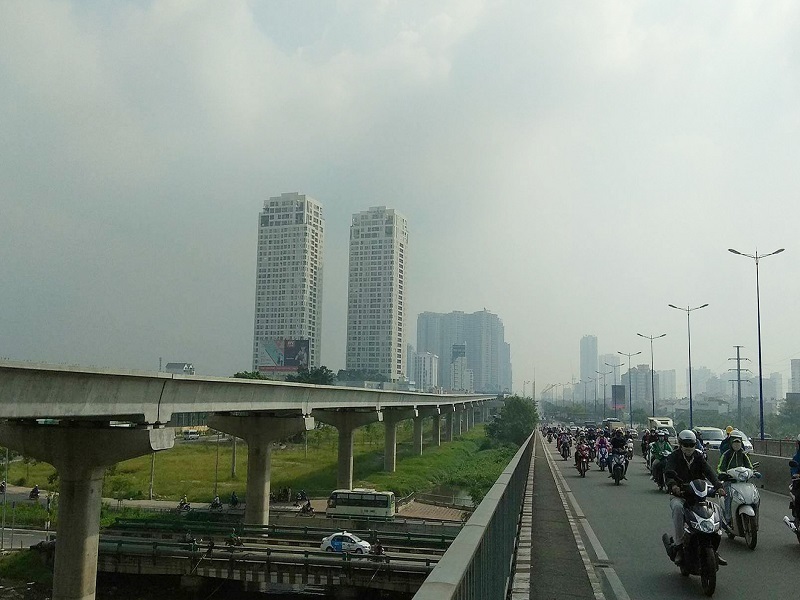Pressure has been put on the Ministry of Planning and Investment (MPI), the agency in charge of managing public investment capital. Just three years after the 2014 Public Investment Law took effect, it has to propose to the National Assembly to amend the law because of ‘difficulties in the implementation’.

The law faces a lot of criticism as it sets new complicated procedures which place difficulties on central and local agencies. It is believed to be the reason behind the low disbursement rates which have adverse effect on economic development.
However, the explanation proves to be unconvincing. The disbursement of public investments in Vietnam, before and after the Public Investment Law took effect in 2015, has never been lower than planned.
The disbursement rate is low, but the figure for all the year is always higher than the figures approved by the National Assembly.
In 2015, the first year of the Public Investment Law, the spending on investment and development was VND308.853 trillion, or VND83.853 trillion (37.3 percent) higher than the estimates of VND225 trillion, according to the 2015 State Budget Finalization Report.
In 2016, the spending was VND296.451 trillion, or VND41.501 trillion (16.3 percent) higher than the estimates of VND254.950 trillion.
The figures showed that in the first two years of implementing the Public Investment Law, the public investment was just like a ‘restive horse’, and there were not ‘difficulties in implementation’ as reported by MPI before the National Assembly Standing Committee last week.
Chair of the National Assembly Nguyen Thi Kim Ngan said at the working session that she will provide statistics to prove that the problem lies in the enforcement of the law, not in the law’s provisions.
Ngan’s comments are logical. If the law included complicated difficult-to-implement provisions, the disbursement rate would not pass the National Assembly approved level.
Ngan said “It is true that there still some existing problems in the Public Investment Law that need amendments. However, it is unreasonable to blame everything on the law.”
The Ben Thanh – Suoi Tien subway project is a typical example. The investment capital of the project in 2007 was initially estimated at VND17.3 trillion, while it turned out to be VND47.3 trillion in 2011.
Under the current laws, the important national project capitalized at VND10 trillion or higher must get National Assembly approval.
However, the gigantic project still kicked off without the required procedure. As a result, it is facing a lot of problems, especially capital sources.
The indiscipline in public investment management must be stopped with new stricter regulations. However, the draft of the amended law stipulates more yielding regulations. It lifts the capital of important national projects from VND10 trillion to VND35 trillion. This means that investors would have to ask for the National Assembly approval only for projects with capital of VND35 trillion or higher.
National Assembly deputies do not advocate the proposal. The Finance and Budget Committee stated that the current regulation about the investment capital of national important projects must be kept unchanged.
MPI pointed out a lot of problems in public investments, including waste in spending, unreasonable spending, low quality of construction works and the unreasonable allocation of budget.
The currently applied Public Investment stipulates enough sanctions to fix the problems. However, it will still depend on how executive bodies observe the law.
Lan Anh
 The main reason for amending the Public Investment Law is ‘difficulty in the implementation’. Is this true?
The main reason for amending the Public Investment Law is ‘difficulty in the implementation’. Is this true?